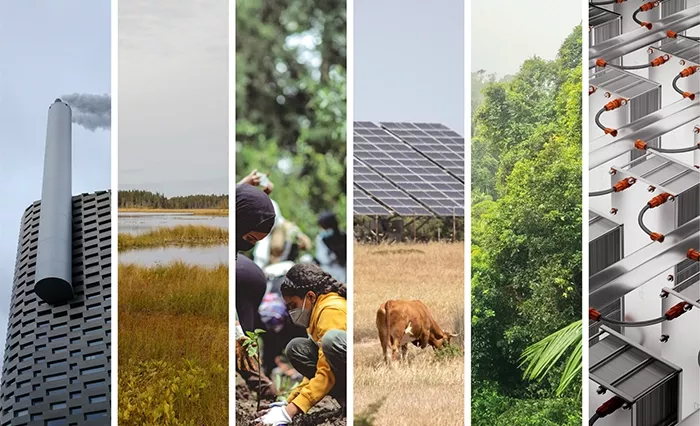India is facing the twin challenges of climate change and ongoing growth of its urban population. The pressures both challenges create play out first and foremost on city streets. They are places where millions of often very poor people try to earn a living while being exposed to extreme heat, droughts, and floods. Thanks to funding from the British Academy’s Knowledge Frontiers: International Interdisciplinary Research programme, the collaborative research project Just Transitions on Indian Streets (JusTIS) will examine how Indian cities can tackle climate change in ways that are fair, inclusive, and responsive to the realities of street vendors, gig economy workers and autorickshaw drivers.
News
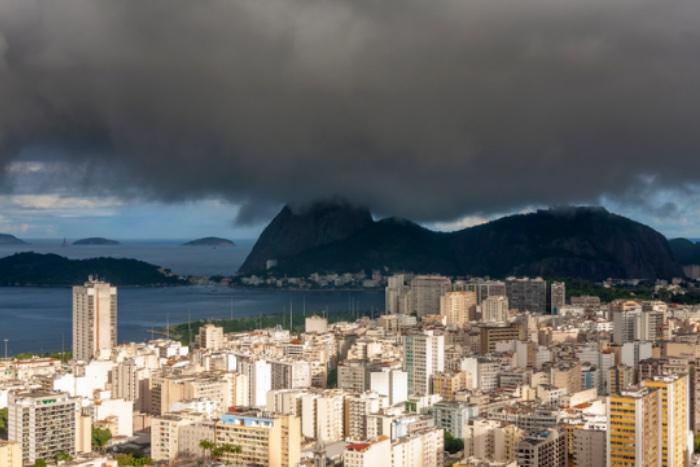
Intensifying rainfall over South America revealed by new generation of climate model
Dr Marcia Zilli, Postdoctoral Research Assistant in Climate Dynamics, and Dr Neil Hart, UKRI Future Leaders Fellow, School of Geography and the Environment, explore the likelihood of increases in intense rainfall events alongside heatwaves in Brazil.
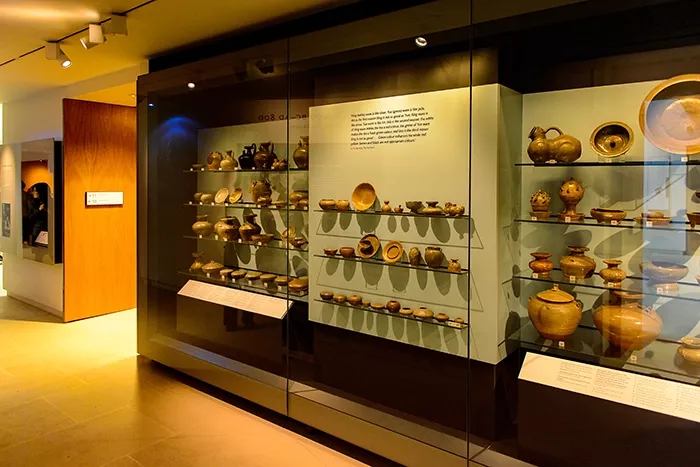
RICHeS visit to the University of Oxford: Enhancing interdisciplinary heritage science
The UK’s Research Infrastructure for Conservation and Heritage Science (RICHeS) team recently had the pleasure of visiting the University of Oxford, to meet with the team leading the Oxford Collaboration in Heritage Science Research and Engagement (OCHRE) project. Funded through the RICHeS infrastructure programme, OCHRE is led by Professor Heather Viles and is designed to enhance Oxford’s existing world-class capabilities in heritage and conservation science.
From the Streets Up: New Project Tackles Urban Inequality in India’s Climate Action
India is facing the twin challenges of climate change and ongoing growth of its urban population. The pressures both challenges create play out first and foremost on city streets. They are places where millions of often very poor people try to earn a living while being exposed to extreme heat, droughts, and floods. Thanks to funding from the British Academy’s Knowledge Frontiers: International Interdisciplinary Research programme, the collaborative research project Just Transitions on Indian Streets (JusTIS) will examine how Indian cities can tackle climate change in ways that are fair, inclusive, and responsive to the realities of street vendors, gig economy workers and autorickshaw drivers.
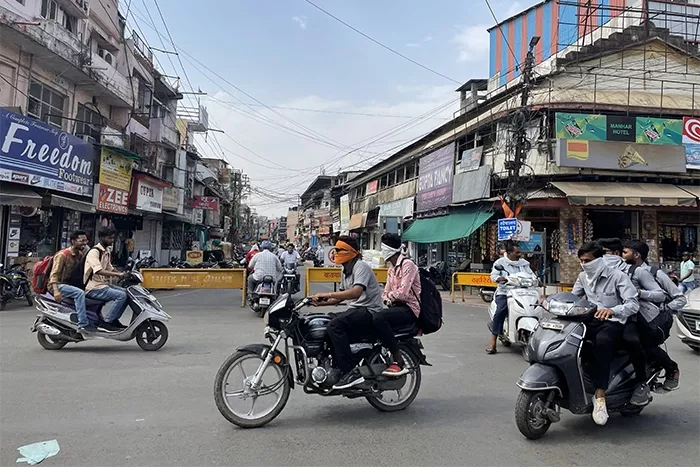
Intensifying rainfall over South America revealed by new generation of climate model
Dr Marcia Zilli, Postdoctoral Research Assistant in Climate Dynamics, and Dr Neil Hart, UKRI Future Leaders Fellow, School of Geography and the Environment, explore the likelihood of increases in intense rainfall events alongside heatwaves in Brazil.

RICHeS visit to the University of Oxford: Enhancing interdisciplinary heritage science
The UK’s Research Infrastructure for Conservation and Heritage Science (RICHeS) team recently had the pleasure of visiting the University of Oxford, to meet with the team leading the Oxford Collaboration in Heritage Science Research and Engagement (OCHRE) project. Funded through the RICHeS infrastructure programme, OCHRE is led by Professor Heather Viles and is designed to enhance Oxford’s existing world-class capabilities in heritage and conservation science.

Where does the UK most need more public EV chargers?
In The Conversation, Labib Azzouz and Hannah Budnitz from Oxford’s Transport Studies Unit explore the uneven rollout of electric vehicle charging points across the UK. While cities like London and regions in the South East are well-equipped, the article reveals a striking shortage of public chargers in rural and less affluent areas. As the UK pushes for a greener future, Azzouz and Budnitz ask a critical question: are we leaving parts of the country behind in the EV transition?
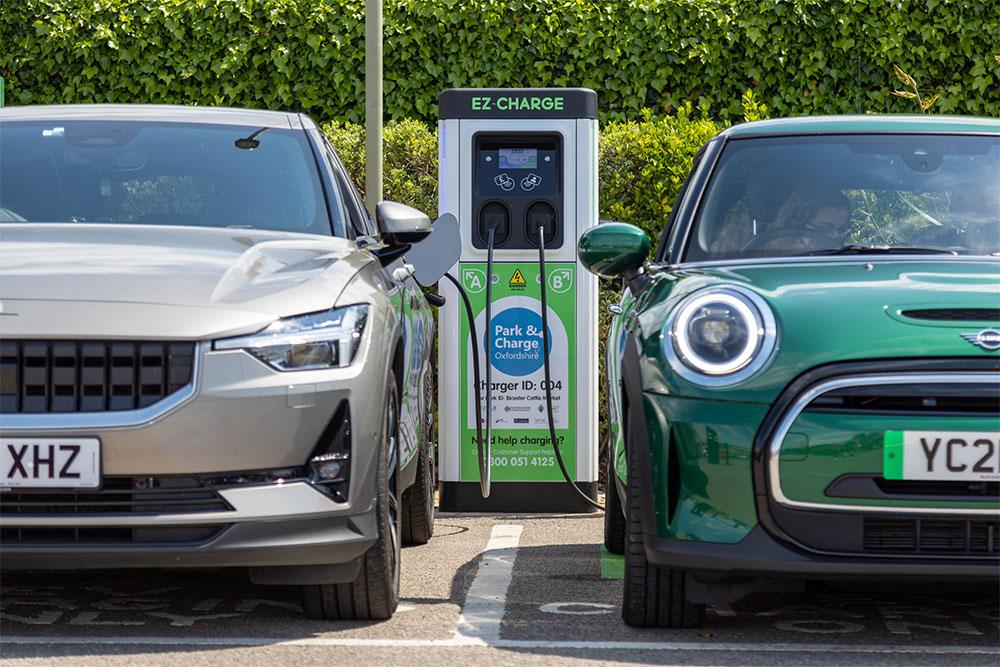
What Danish climate migration drama, Families Like Ours, gets wrong about rising sea levels
In an article for The Conversation, Florian Steig, DPhil candidate at the School of Geography and the Environment, unpacks what Danish climate migration drama, Families Like Ours, gets wrong about rising sea levels.
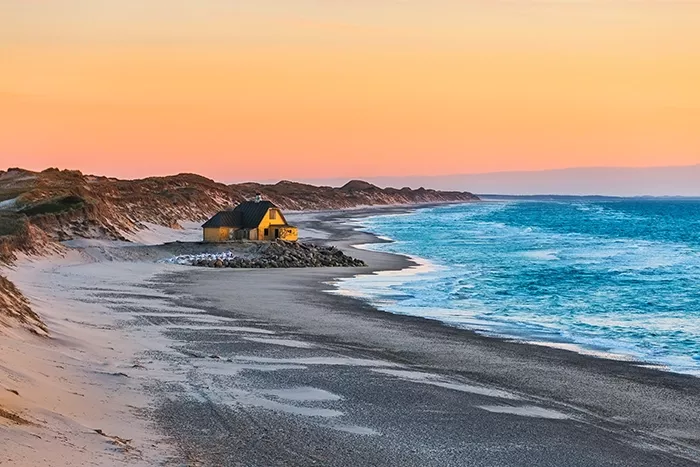
Dr Timothy Hodgetts, Dr Avidesh Seenath, Dr Jonathon Turnbull and Dr Raffaele Ippolito win Divisional Teaching Excellence Awards 2025
The School of Geography and the Environment's Dr Timothy Hodgetts, Dr Avidesh Seenath (ECI), Dr Jonathon Turnbull and Dr Raffaele Ippolito have won Divisional Teaching Excellence Awards.
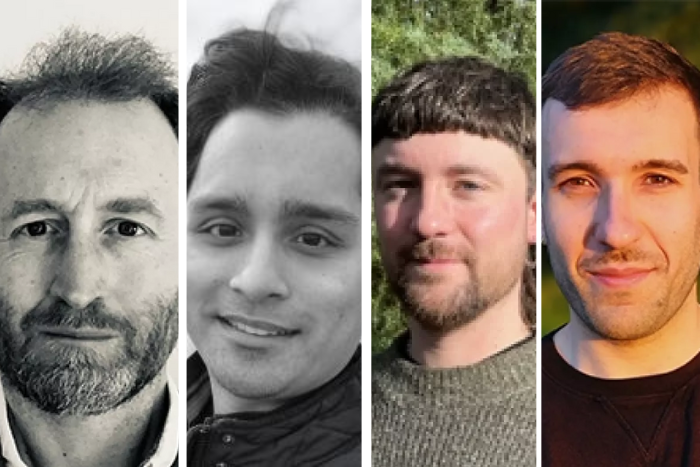
Coal power plants were paid to close. Is it time to do the same for slaughterhouses?
The food industry will go to great lengths (and spend a fortune) to lobby policymakers, confuse the public and politicise scientific findings. When scientific evidence indicates the need to phase down environmentally harmful or unhealthy products, the responsible industry pushes back. In an article for The Conversation, Stephanie Walton, DPhil candidate in the School, explores how stranded assets may be motivating this resistance and examines the possible solutions.
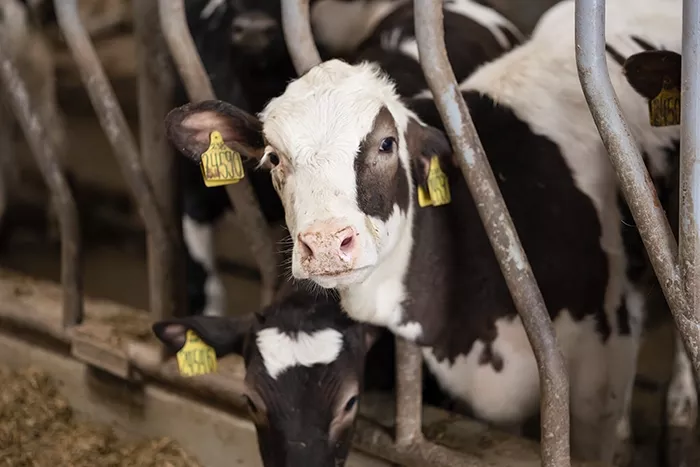
SoGE MSc student Tabina Manzoor gives opening address at Right Here, Right Now climate summit
Tabina Manzoor, a Kashmiri student, researcher, and environmentalist currently pursuing an MSc in Water Science, Policy, and Management at SoGE, served as a student co-moderator at Oxford’s recently concluded Right Here Right Now Global Climate Summit, where she also gave an opening address at the Sheldonian Theatre.
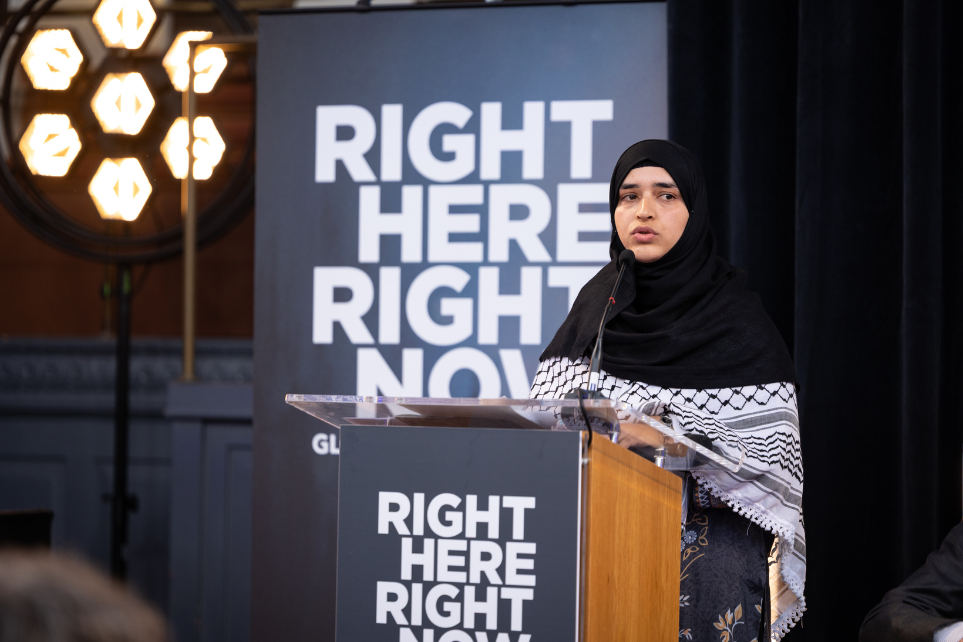
Leading UK scientists urge Prime Minister to place nature at the centre of economic and climate policy
A group of over 35 senior UK academics, coordinated by NbSI Director, Nathalie Seddon - drawn from ecology, economics, public health and the social sciences and including several from the School of Geography and the Environment - have delivered an open letter to the Prime Minister setting out the latest peer-reviewed evidence on why protecting and restoring nature is essential for UK prosperity, security and global leadership as the world heads towards COP 30 in November.

New Oxford Principles to guide responsible carbon trading under the Paris Agreement
A University of Oxford-led team of researchers have published a set of principles which could help countries and corporates engage with Article 6 in a way that results in genuine climate action. (Photo credit: Adrien Olichon, Axel Josefsson, Eyoel Kahssay, Micha Sager, Noah Pienaar, Phlair, all from unsplash)
